Taliban bomb blast kills eight in Kabul: Police
A remote-controlled mine struck a civilian minibus in Paghman district.
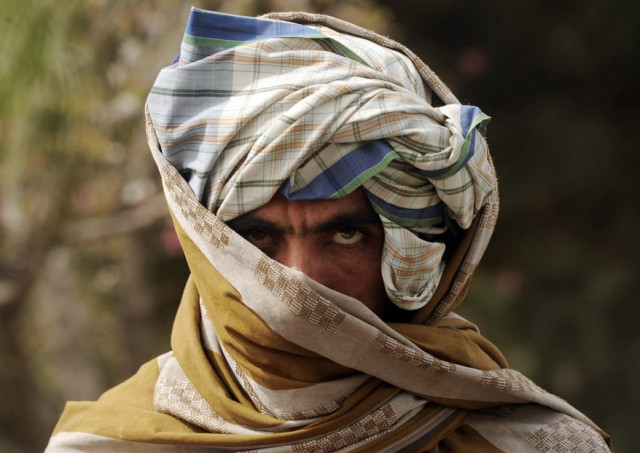
NATO's International Security Assistance Force, which has 130,000 US-led troops in Afghanistan, has also noted a spike in attacks countrywide in recent months, since the start of the insurgents' annual summer offensive.
June saw the highest number of attacks in nearly two years, with more than 100 assaults a day across the country, including firefights and roadside bombings, the coalition said.
"A remote-controlled mine struck a civilian minibus in Paghman district around 5am today, killing eight people and injuring five," Kabul police chief General Ayoub Salangi told AFP.
The man who set off the bomb had been captured with the cooperation of local residents, Salangi said, describing him as a member of the Taliban waging an insurgency against the Afghan government.
All the dead were men, he said, apparently on their way to work in what is a usually peaceful area on the western outskirts of the city.
For the past five years the number of civilians killed in the war has risen steadily, reaching a record 3,021 in 2011, with the vast majority of the deaths blamed on insurgents, according to UN figures.
Roadside bombs are a favourite weapon of Taliban insurgents but an attack of this kind is rare in the capital, which is at times targeted in headline-grabbing assaults by suicide squads.
Last week, Afghan officials said five insurgents were killed in a pre-dawn gunbattle, claiming to have foiled a major attack on an area of the capital home to Western embassies.
Three vehicles loaded with explosives were seized, along with suicide vests, rockets, hand grenades and machine-guns, officials said, with the militants planning to seize a tall building from which to fire on their targets.
The scale of the preparations and the targets suggested an attempt at an assault along the lines of the biggest coordinated attack on the capital in 10 years of war, which occurred on April 15 this year.
Then, three squads of suicide attackers took up positions in high buildings and fired on government offices, embassies and military bases. Seventeen hours of fighting left 51 dead, including 36 attackers.
The latest attack in the capital will add to growing concerns over the country's future once NATO troops withdraw as planned by the end of 2014, handing responsibility for security to Afghan forces.
Western politicians keen to get their troops out of an increasingly unpopular war regularly talk up the ability of the Afghan army and police to cope on their own, but there is widespread fear of a multi-factional civil war once they leave.


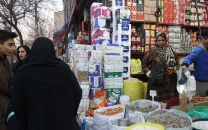

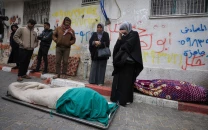


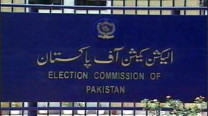
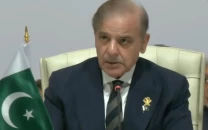
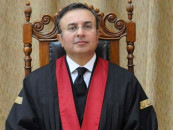


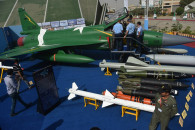






COMMENTS
Comments are moderated and generally will be posted if they are on-topic and not abusive.
For more information, please see our Comments FAQ